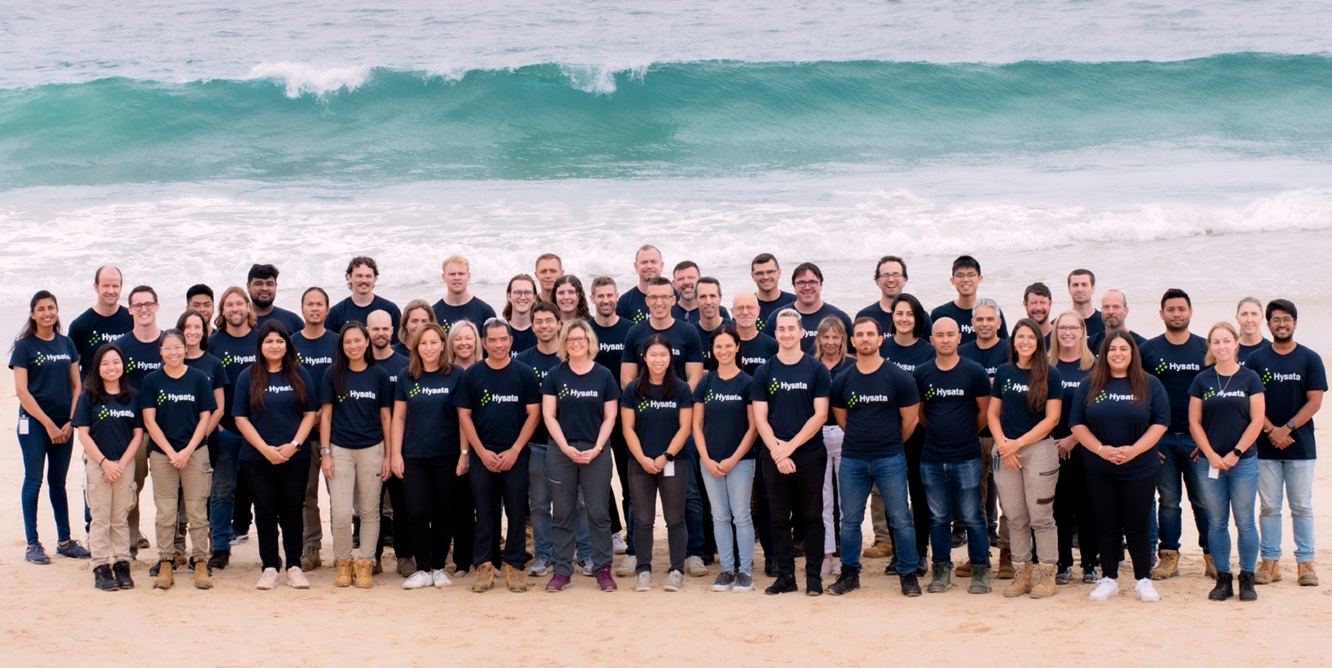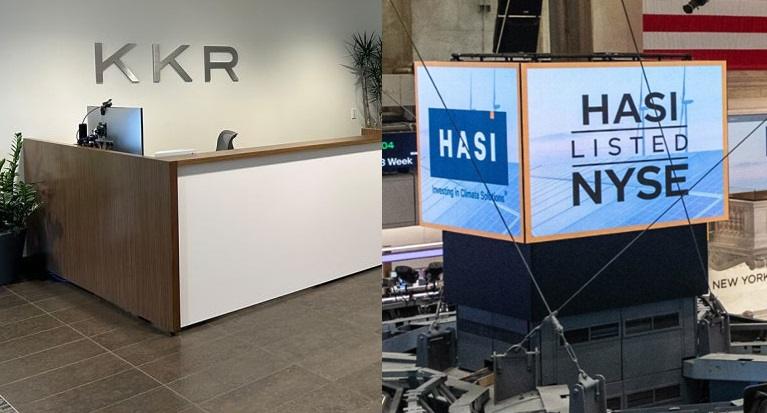ArcTern Raises $335 Million for Decarbonization Tech Venture Fund
Canada-based cleantech-focused VC investor ArcTern Ventures, announced today that it has raised $335 million in commitments for its global decarbonization venture fund, ArcTern Fund III.
ArcTern’s Fund III aims to invest in technology companies that develop and innovate solutions in renewable energy, clean mobility, circular economy, sustainable food, and agriculture and industrial decarbonization.
The fund will target early stage growth companies with the greatest potential for GHG avoidance, with a primary focus on North America and Europe. Key focus areas for investments will include companies developing and innovating solutions in renewable energy, clean mobility, circular economy, sustainable food, and agriculture and industrial decarbonization.
Murray McCaig, Co-Founder and Managing Partner at Arctern Ventures said:
“We are investing across North America and Europe in mission-driven founders who understand that if you’re not rapidly scaling revenue, you’re not having climate impact, and the world needs scaleable decarbonization solutions today, not decades into the future.”
Marc Faucher, Managing Partner at ArcTern Ventures added:
“Spanning diverse geographies and industry verticals, we keep a close eye on the world’s most promising climate startups to ensure that we’re maximizing the utility of our funds.”
Flagship limited partners investing in the fund include TD Bank Group, Allianz, Church Pension Group, OPTrust, and Credit Suisse Asset Management.
Drew MacIntyre, Vice Chair, TD Securities said:
“We are pleased to help support entrepreneurs on the front line of energy innovation through our investment in ArcTern Fund III. This investment forms part of TD Securities’ Principal Investing Strategy, established in September 2019, and is aligned with the Bank’s desire to support those who are building a more sustainable tomorrow.”
ArcTern’s Fund III is registered as an Article 9 fund under the European Union’s Sustainable Finance Disclosure Regulations and will be measured against a set of climate impact criteria to quantify and verify investments’ offset emissions.







